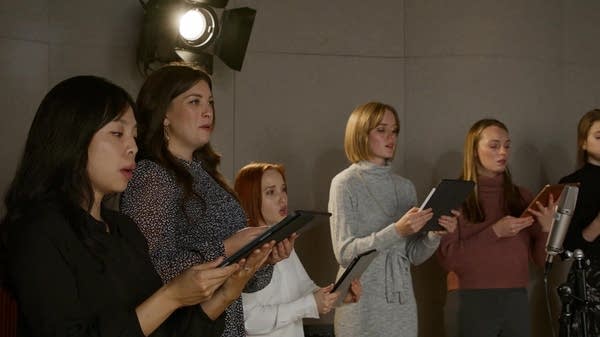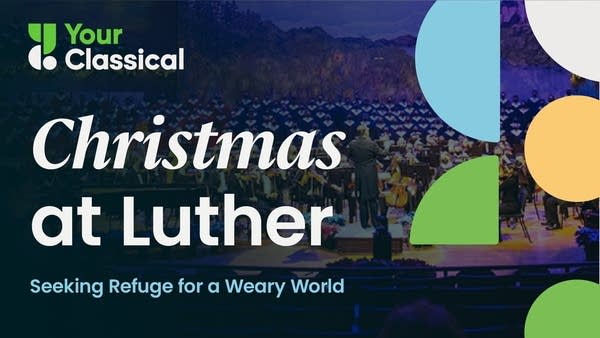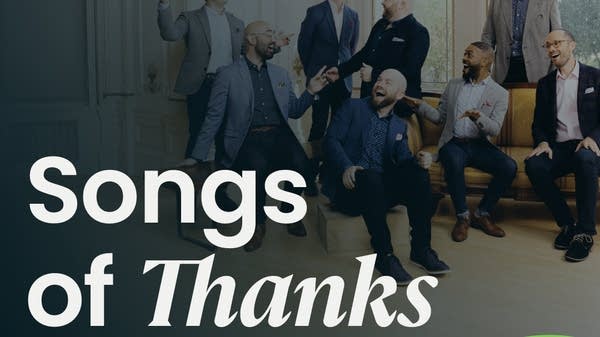Editor's note: This essay was originally published by Chorus America, the advocacy, research and leadership development organization that serves the choral field. Learn more at chorusamerica.org.
In 1988, as a 22-year-old, I created a children's program with the goal of fighting racism and poverty through singing. A biracial son of a black Dominican/Haitian father and a Dominican mother, I grew up in Washington Heights as a white Latino with a Spanish accent and name. This was typical in my community, but once I traveled outside the neighborhood, I was an "other" during a very divisive time in a very segregated New York City. Because of this, I perceived inequities and prejudice against my family and neighbors on a regular basis. Living through these challenges, it became my mission to become part of the solution.
Music was my secret weapon: I founded the Young People's Chorus of New York City (YPC). I wanted to create a new model of diversity in New York City's choral setting. I wanted to bring children from all backgrounds to create music at the highest levels. Each child, as young as 8, would bring their own strengths, their own stories and their own perspectives.
As the program grew, I began to see that YPC was more than music. I wanted young people to imagine their full potential and to provide them with the confidence and the means to continue their education beyond high school. And so, we integrated an educational component into the program.
Over the course of 32 years, YPC has grown to become an internationally renowned, award-winning, multicultural youth chorus, which provides 2,000 children each year with an innovative vocal music curriculum, as well as a comprehensive college-bound program for high school students. We had created a model in which each child was given a voice and felt heard — or so I believed.
The tragic killing of George Floyd and the subsequent calls for racial equity across the nation have had an impact on us all, most profoundly on our black and brown children and especially alumni at YPC. As adults, they are seeing firsthand the societal injustices that are carried out so pervasively and frequently all around them. They see it in their lives and in daily headlines. Money, power and privilege have affected them much more than they or I ever realized.
The world has evolved, and yet this generation's desire is the same as that of my generation — to live in a more just society, and to create the changes necessary to make that a reality. Some of our choristers who are now adults are grappling with their own circumstances as the nation is responding to systemic racism. And now some are looking back at their time in YPC, not only with feelings of joy and camaraderie but also with questions and a desire to educate even the most well-meaning among us.
I have heard from some of our alumni and have listened as they pointed out examples of language or behavior from fellow choristers, staff members or myself that were insensitive. This is the opposite of what we stand for. I now question what more we must do to better serve our young singers.
During this pivotal time in our country's history, I, along with our board and our staff, am looking deeper into our work and evaluating whether it has been enough. Is it enough to be diverse? Is it enough to sing together to create music together at the highest levels? Or is it our responsibility to dig deeper and frame the conversation surrounding the importance of our diversity — namely, empathy, cultural awareness, sensitivity and respect?
I believe the answer to this last question is yes.
This is the time to make hard decisions and challenge and expand our models. I believe that there needs to be frank discussion and that we must listen and face sensitive issues head on if we truly want to create a community that tackles what it means to be diverse and inclusive and enable children to participate in conversations about equality and justice. This means paying close attention — not just to what they are saying, but what they are not saying. And not just how they behave when they are singing together, but how they behave when the singing ends.
On their own, the children sing together beautifully. They giggle and tell stories and act as if everyone is their friend, but when the singing stops, many separate into self-segregated groups based on race. I fear this will lead to continued separation when they are leaders.
Diversity is a major step, but true equality is the goal, and equity and education are the vehicles by which we attain it. I will continue to challenge myself, and I invite my fellow conductors to do the same.
In our quest to embrace the dissonance, we create harmony.
Francisco J. Núñez, a MacArthur Fellow and Musical America's 2018 Educator of the Year, is a composer, conductor and the artistic director and founder of the Young People's Chorus of New York City.
Chorus America publishes occasional opinion pieces from its members about issues relevant to the choral field. It welcomes your comments or submissions at voice@chorusamerica.org.
Love the music?
Show your support by making a gift to YourClassical.
Each day, we’re here for you with thoughtful streams that set the tone for your day – not to mention the stories and programs that inspire you to new discovery and help you explore the music you love.
YourClassical is available for free, because we are listener-supported public media. Take a moment to make your gift today.










